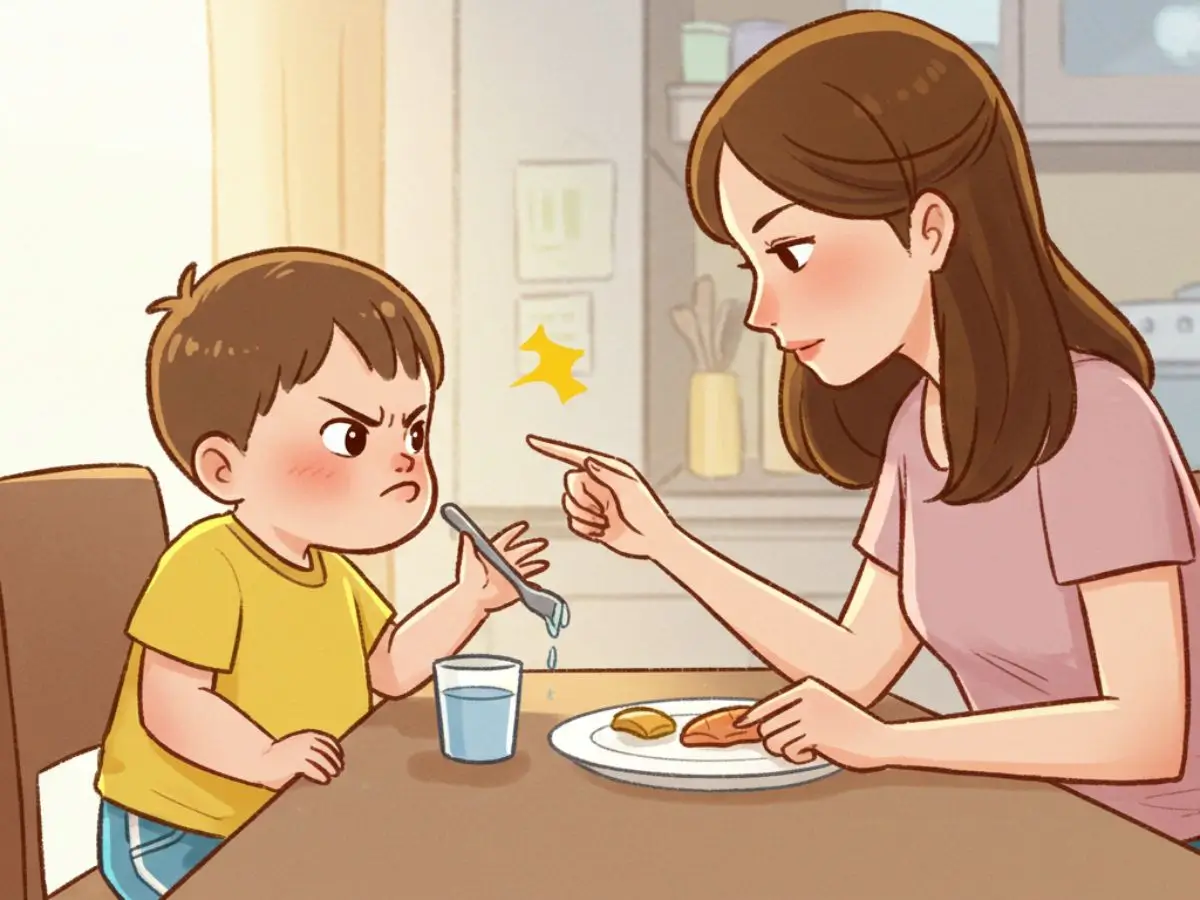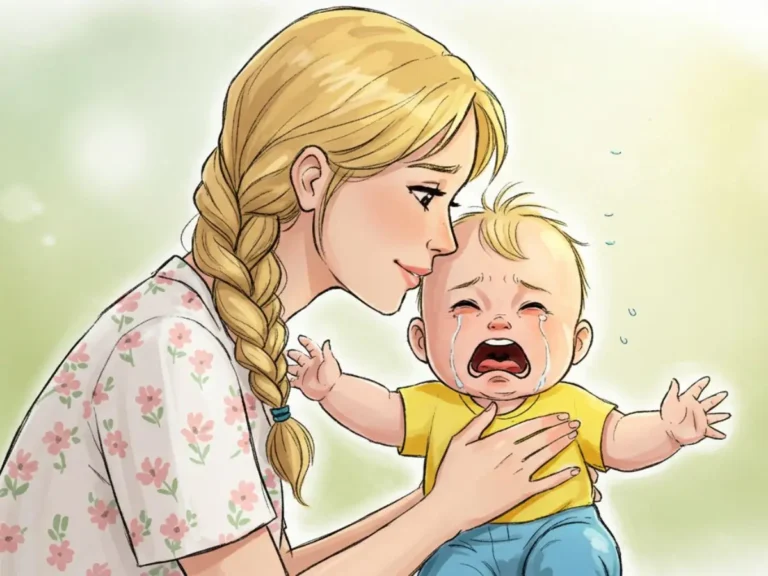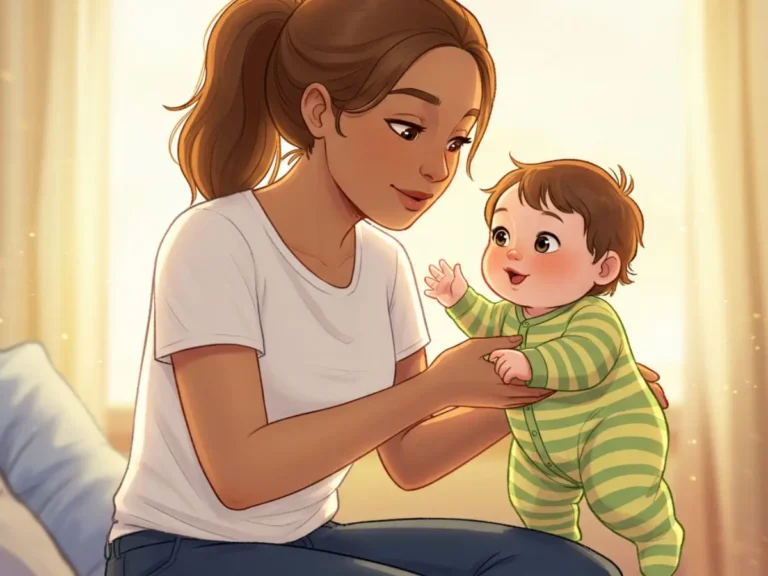Why Does a Child Get Angry Quickly? 5 Key Reasons
Childhood anger is a normal part of development, but it can become concerning when it occurs frequently or aggressively. Children express emotions differently than adults, and anger is often a result of a combination of psychological, environmental, and developmental factors. Here are five major reasons why a child may get angry quickly:
1. Inability to Express Emotions
Young children often lack the vocabulary to express their feelings clearly. When a child feels frustrated, sad, or anxious and can’t articulate those emotions, anger may become an outlet. These reactions may seem exaggerated, but they are often a reflection of unprocessed or misunderstood feelings.
2. Unmet Needs
Whether it’s hunger, tiredness, lack of attention, or overstimulation, unmet basic needs can lead to stress and irritability. A child who is exhausted or hungry is more prone to emotional outbursts simply because their body cannot handle additional stress.
3. Learning Through Observation
Children learn behaviors by watching others. If a parent or family member frequently reacts to stress with anger, the child may adopt the same approach. This learned behavior becomes a normalized way to handle frustration in their eyes.
4. Communication Challenges or Speech Delay
Some children experience language delays or communication difficulties, which can lead to frustration. When a child cannot express what they want or is not understood by others, anger may become their way of demanding attention or communicating their needs.
5. Family Stress or Sudden Changes
Significant life changes — such as divorce, moving to a new home, or the arrival of a new sibling — can make a child feel insecure or confused. These emotional stressors can increase the likelihood of anger outbursts. In these cases, anger is a natural response to a sense of instability or fear.
How to Handle a Child’s Anger?
To address a child’s anger, it’s crucial to first listen and create a safe, understanding environment. Teach the child how to express feelings in healthy ways and provide positive role models. If anger is frequent or aggressive, consulting a child psychologist may be helpful to identify underlying issues and support the child’s emotional development.







